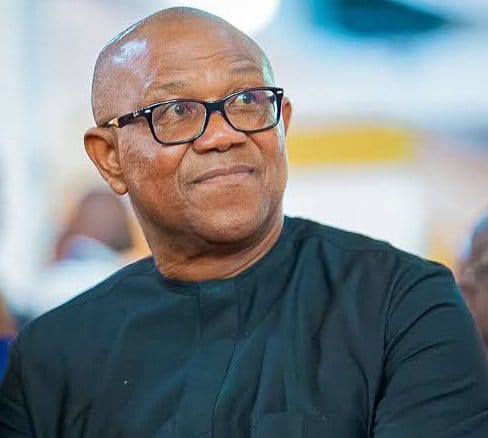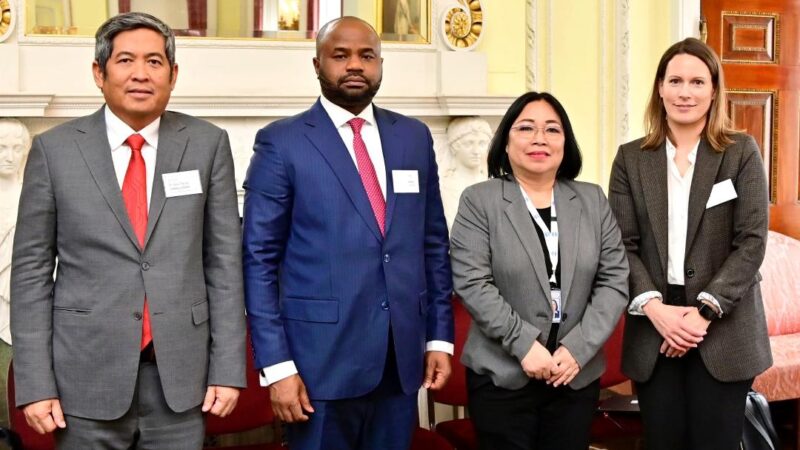Alaigbo Stabilisation Fund And The Refreshing Vibes From The East
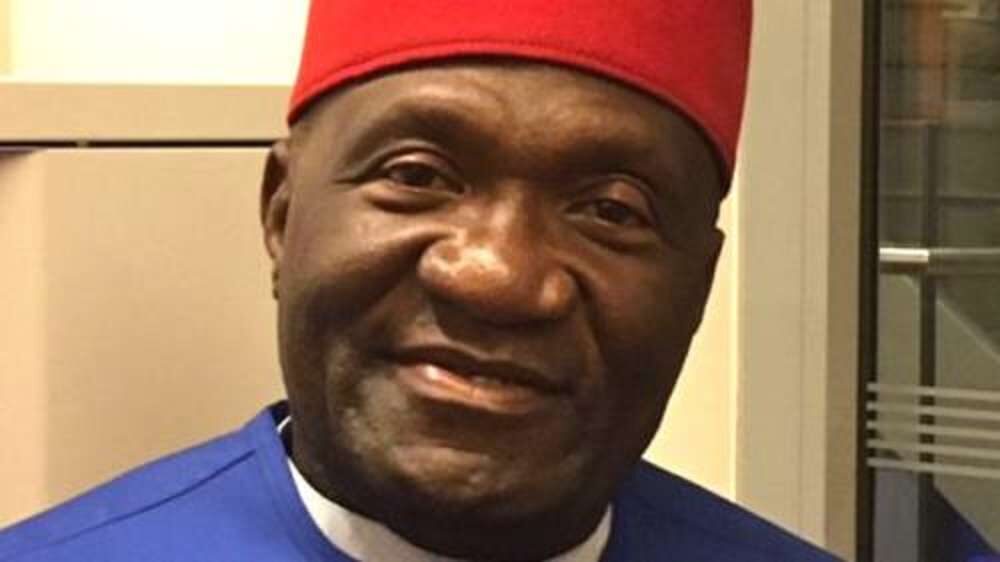

By Emeka Alex Duru
Let us begin this conversation on a historical note with recall of the Alfred Dreyfus and Theodore Herzl Affairs of the 19th Century France and their bearings on contemporary Nigeria. Alfred Dreyfus (October 9, 1859 –July 12, 1935), was a French artillery officer of Jewish ancestry whose trial and conviction in 1894 on charges of treason became one of the most controversial and polarizing political dramas in modern French history. He had started off on a promising career in the Army till a stage at the War College, when one of his superiors scored him low grades on ground that “Jews were not desired”, beyond certain levels. That was when he was reminded of who he was.
But his most shocking experience was to come in 1894, when as a Captain he was falsely accused of spying for Germany. On 5 January 1895, Dreyfus was summarily convicted in a secret court martial, publicly stripped of his army rank, and sentenced to life imprisonment on Devil’s Island in French Guiana. Following the French tradition of the time, he was demoted and cashiered out of service. His vigorous profession of innocence and the loud cry, “I swear that I am innocent. I remain worthy of serving in the Army!”, could not change his fate. Even when it was discovered two years later that he was not the culprit, he was still denied justice. Rather, he was re-tried in 1899 and was declared guilty of treason despite the evidence in favor of his innocence. In a face-saving move, the State forced a pardon on Dreyfus, releasing him from prison – an offer he reluctantly accepted, having been utterly worn out, stressing however that his freedom meant nothing without his honour. On 12 July 1906, Dreyfus was officially exonerated by a military commission and was readmitted into the army with a promotion to the rank of Major.
Theodore Herzl, a Lawyer and Journalist, was the Paris Correspondent for Neue Freie Presse, a prominent Vienna, Austria-based Newspaper at the time. He attended the Dreyfus trial. He was a Jew. Herzl was rankled that what mattered to the French mob on the trial was not the justice of the case but “Death to the Jews.” This anti-Semitic atmosphere led Herzl towards a new thinking that the Jewish problem demanded a national and political solution. Herzl believed that only by establishing a state for the Jewish people could the Jews resolve their distress and bring an end to anti-Semitism. With this understanding, he teamed up with like minds in other parts of the world and began the mobilization and awareness that culminated in the founding of the State of Israel in 1949.
Each time I go through this stressful recall, there is the temptation to liken the Dreyfus Affair with the condition of the Igbo in present day Nigeria. As candidly observed by Prof Chinua Achebe in The Trouble With Nigeria, “Nigerians of all other ethnic groups will probably achieve consensus on no other matter than their common resentment of the Igbo”. Perhaps, the scenario of the Dreyfus Affair with the Igbo may not be exact. The solution may also not be the same, at least in the moment. The lesson however lies in group consciousness and the need by a people to turn the disadvantages of a particular situation to advantages of the future.
No matter the official attempt to tailor the narrative, the truth is that in the civil war of 1967 to 1970, there were clear victors and vanquished. The South East and other areas that constituted the then Republic of Biafra, were the losers and may have to bear the scars of defeat in the foreseeable future. There are reasons for this. Those that trumped them in the war are the victors and still in charge of affairs, 50 years after. With the possible exception of President Goodluck Jonathan, every other Nigerian leader since July 29, 1966, had played one role or another during the war. Because they were involved, they may not be in the right position to rise beyond the victory-mentality and mindset of seeing the country from the prism of us and them. This is normal. Fighters are never peacemakers. It takes the involvement of neutrals to achieve harmony. Nigeria has not been blessed with people of such orientation at the national level.
Thus, for the Igbo, the cry of marginalization by successive administrations in the land and consequent victim-mentality may not be the way out. It may work elsewhere but certainly not here where the leadership does not take prisoners but goes for the kill. If anything, crying that one is down in Nigeria, excites the predator and animates him to press harder.
The solution, for the Jews, was establishment of a separate homeland. The move did not work in the Biafran experiment. But the people can do something for themselves. This is why the joint efforts by the South East Governors with Ohanaeze Ndigbo, to set up a driving force for the development of Igbo land under the auspices of Alaigbo Stabilization Fund, excites exceedingly.
The Fund is intended to develop Igbo land to the status of Catalonia in Spain and Bavaria in Germany. “Towards this objective, a 50-man steering committee made up of experts and professionals in banking, finance and development economics drawn from the Diaspora and all the South East states has been set up to draft the basis of Alaigbo Stabilisation Fund and its governance protocol,” Ohanaeze said in a statement from its secretariat. The Committee is headed by a renowned economist and development expert, Prof. Osita Ogbu.
This is a step in the right direction. Referencing Catalonia and Bavaria in establishing the Fund, holds some promises for the Igbo nation. Like the Igbo with unceasing quest for enabling environment to prove their mettle, Catalonia in Spain, Catalan in Italy, Bavaria in Germany and Scotland in the United Kingdom, have been in agitations for self-determination in their respective countries. While having their eyes on the agenda, they have also invested their productive energies to the development of their various regions. The result is that though they are yet to attain their ultimate political target, they hold the ace in commerce and economy of their countries.
The South East can replicate same. It has good spread of men and women of intellect and enterprise in all sectors of human endeavours. Though the Igbo may come late to a race, they always have the tenacity and stamina to compete or even overtake their peers in fair encounters. Achebe was right that though held back in comparison with their neighbours by “huge historical and geographical head-start, the Igbo wiped out their handicap in one fantastic burst of energy in the twenty years between 1930 and 1950”. That feat resonated during the civil war, when despite the superiority of resources by the Federal Forces and international collaboration, the Biafran troops held on for 30 months of intense confrontations. That era is gone, however.
What is needed now is repositioning the Igbo land on the path of development. The zeal is there. The resources abound in all spheres. What remains is the unity of purpose and the political will to walk the talk. A look at the credentials of some people in the Ogbu Committee and their antecedents, offers some hope of again, the Sun rising in the East.
* Duru is the Editor of The Niche Newspaper


